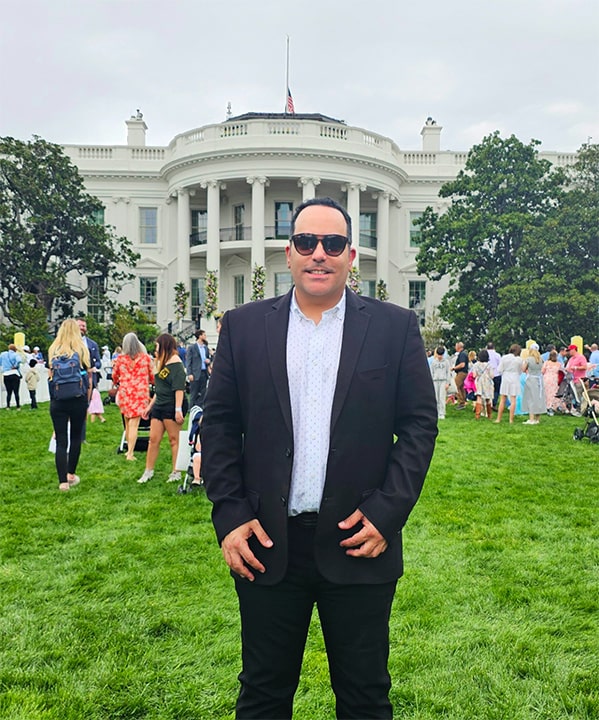Improvisation is the purest form of art, a dialogue between the soul and the present moment. It is not just a technical skill or a musical exercise; it is the courageous act of creating something that never existed before and may never exist again. To improvise is to trust the unknown, to listen deeply, and to surrender to the flow of inspiration.

In music, improvisation is not a modern concept. The great composers of the past—Bach, Mozart, and Beethoven—were all extraordinary improvisers. Johann Sebastian Bach, for instance, was known to captivate audiences with fugues created on the spot, weaving complex counterpoints as though he were merely breathing. Mozart would often sit at the piano, hear a melody in his mind, and instantly transform it into a dazzling, fully realized composition. Beethoven, too, was renowned for his improvisational brilliance; witnesses described how he could turn a simple theme into a tempest of sound, filled with emotion and grandeur, without a single note written down.
In jazz, improvisation is the very heartbeat of the genre. Miles Davis once said, “It’s not the notes you play, it’s the notes you don’t play.” His ability to leave space—allowing silence and anticipation to shape the music—changed the course of jazz forever. Similarly, John Coltrane’s improvisations were not just displays of technical mastery; they were spiritual journeys, each solo a conversation between heaven and earth. These musicians teach us that improvisation is as much about listening and feeling as it is about playing.
For me, improvisation is a mirror of life itself. I often recall moments when my own path was uncertain, when I had no script to follow, yet I trusted the instinctive voice within me—just as I do when I sit at the piano. Many of my compositions began as spontaneous improvisations. The Battle of Siddim, for example, was born out of a moment of deep reflection by the Dead Sea. I did not plan its themes in advance; they emerged naturally as I imagined the echoes of history and conflict, and as I allowed my hands to wander freely on the keys. What started as a raw, unstructured improvisation eventually became a full orchestral work performed by major philharmonic orchestras in Europe and Lebanon.
Improvisation has taught me that perfection is not the goal—truth is. The beauty of an improvised phrase lies in its vulnerability, in its fleeting nature. It reflects the reality that life itself is improvised. We do not know what will come next, yet we keep playing, trusting that the melody will reveal itself.
There is a spiritual side to improvisation that I cannot ignore. When I improvise, I often feel as though I am no longer the one playing; rather, the music flows through me as if it comes from a higher source. It is as though I am simply a vessel, and the universe is composing. This surrender, this act of faith, is what makes improvisation so powerful and alive.
Improvisation exists in all forms of art. Painters like Jackson Pollock allowed their instincts to guide each brushstroke, turning raw gestures into masterpieces. Writers like Jack Kerouac wrote entire novels in a stream of consciousness, trusting the flow of words without overthinking. Even in
dance, improvisation becomes a language of the body—a raw and unfiltered response to rhythm and emotion.
I will never forget a performance I gave in Europe where, at the last moment, I decided to start with a completely improvised piece. I had no idea what I would play; I simply trusted the moment. As my fingers touched the keys, I felt a deep stillness in the hall. When the final note faded, there was silence—followed by an overwhelming applause. That applause was not for technical perfection, but for the authenticity of being fully present.
Ultimately, the art of improvising is about freedom—freedom to explore, to make mistakes, to discover beauty where we least expect it. It is about trust: trusting ourselves, trusting the process, and trusting that even in chaos, there is music.
Improvisation is a reminder that every day of our lives is an unwritten symphony. We improvise when we face challenges we never anticipated, when we have conversations that weren’t rehearsed, when we find beauty in unexpected places. And like music, the most meaningful moments often happen when we stop trying to control everything and simply let life play its melody through us.
Johnny Hachem is an international award-winning composer and pianist, winner of over 12 international composition awards, and the Goodwill Ambassador of Arkansas.






